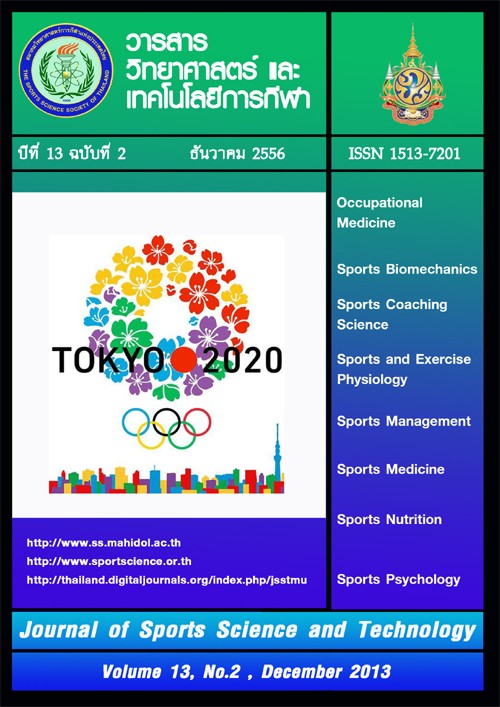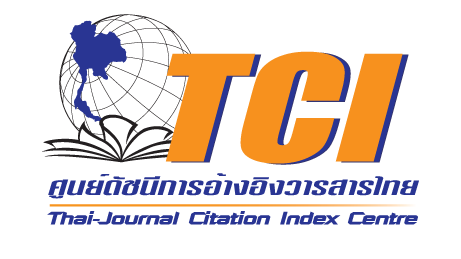Sport Psychology Questionnaire Development
Keywords:
Translation, Adaptation, Sport psychology testing, PsychometricsAbstract
Sport psychology applied the general psychology principles to sport which psychometrics was involved in the questionnaire in this study; and the theory was developed from western cultural. This article aims to provide guidelines for the development of sport psychology questionnaire based on a cross-cultural study using the Back translation process and the factor analysis techniques. In order to have an effective measurement, several different scenarios were considered to be able to use for different cultures. The first finding genetic experiments of Galton study lead to the development psychometrics and psychology questionnaires. There need to develop a questionnaire standard with reliability, validity, objectivity, discrimination, standardization and fairness. While, there are many limitations for using the questionnaire, such as limitation of questionnaire itself, user, participant and environment. Thus, the questionnaire must be considered carefully in every process since the translation, conclusion until applied process. Original version of Back translation was translated into target language by native speaker, and measured equivalency content. Moreover, factor analysis techniques were used to examine the construct validity of the questionnaire. And sports psychology questionnaire has been continuously developed, such as the perception of success in sport questionnaire, the anxiety in sport questionnaire, motivation in sport questionnaire, burnout in sport questionnaire etc. This article explains the development process of sports psychology questionnaire using back translation and analyzed by factor analysis technique. Furthermore, the development of sport psychology questionnaire is a way to improve the accuracy of the measurement which can be used in the study of the athlete behavioral or motivational based on theoretical equivalence.







